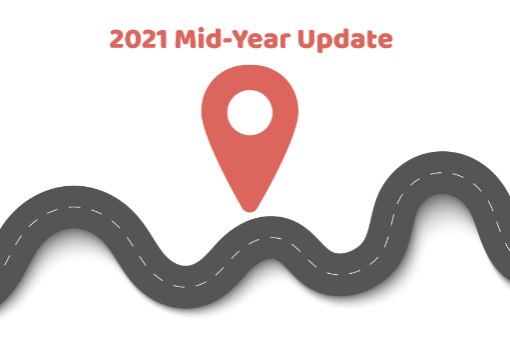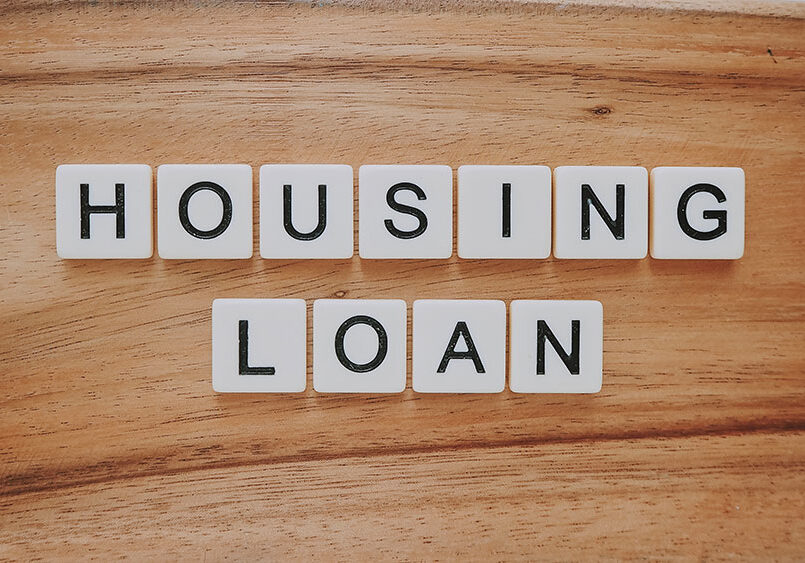Accunet Mortgage President Brian Wickert Featured on WTMJ 2020
Wisconsin’s largest radio station, AM620 WTMJ hosted a live 9-hour broadcast event a few weeks ago called “WTMJ 2020.” WTMJ personalities interviewed expert panelists throughout the day to discuss everything from politics to restaurants, law enforcement to real estate and interest rates.
Brian Wickert, President and Chief Honesty Officer of Accunet Mortgage, participated on the Finance and Money panel to share expert insight on the housing market and interest rates heading into next year. Listen to the full panel, or check out some of the highlights:
1. How buying a home has nothing to do with politics and everything to do with life events.
The 2020 political landscape has everyone guessing what the next economic year will look like. In Brian’s opinion, one thing’s for sure: Despite the fact that 2020 is an election year, 2020 politics will not affect home-buying decisions.
What influences someone to buy a home?
In Brian’s 20+ years of experience, politics don’t play much of a role when it comes to buying a home. Instead, lifestyle changes and events propel the market, including:
- Getting married
- Having children
- Retiring
What happens around the globe does, to a degree, impact consumers in the United States. But right now, we’re living the dream, and we’re on track to stay that way; economists are predicting a 3.5% – 3.8% rate throughout 2020, which is fantastic for home-buyers. Even looking beyond home purchases, rates are over 1% lower than they were at the same time one year ago, opening up home refinancing opportunities to just about everyone who bought a home in 2018. So, despite any political hurdles in the next year, he’s anticipating the housing market to stay strong.
2. The supply of affordable homes and a growing demand to buy will keep driving competition and prices.
While the US continues to face problems when it comes to affordable housing, Southeastern Wisconsin has a particularly strong market with homes under $450,000 (which we typically classify as affordable).
That’s not to say there aren’t issues: At the end of 2012, the median sales price in the 5-county metro Milwaukee area was $130,000. Now, it’s $240,000. That’s nearly a 50% increase in the last seven years. And then there’s the problem with getting a reliable supply of new homes to feed the market:
- About 6,000,000 existing homes are sold in America every year.
- Approximately 900,000 new homes are sold in America every year.
- That’s a 1:6 ratio.
The United States simply hasn’t built enough new homes over the last decade. This feeds into the already competitive market (specifically in Southeastern Wisconsin), which means when homes are listed for sale in an affordable price range, they tend to go quickly. And, with Millennials (the largest generation ever) beginning to flood the housing market, Brian anticipates a continued demand for these types of homes in 2020.
3. Don’t let down payment get in the way – a reminder of what it takes to buy, along with a call to the Bank of Mom & Dad.
We see it time and time again: Down payments are consistently the biggest obstacle to home-ownership, specifically for Millennials. For some interested in buying a home, saving up a chunk of money large enough for a down payment is hard to do, especially for younger buyers, who may be focusing their financial resources on things like student debt.
What if I don’t have 20% down for a house?
What a lot of people don’t know is that you don’t always have to put 20% down on the purchase of a home. In fact, there are quite a few options to keep down payments affordable without compromising the quality of your new home:
- Fannie Mae’s HomeReady® program lets first-time homebuyers put just 3% down.
- Using gifted money on a down payment is allowable, as long as it comes from a relative.
- If you live in Wisconsin, you may qualify for WHEDA programs which let you put 0% down, pending eligibility requirements.
4. Why interest rates are down, and what that means for housing demand.
Despite popular thought, mortgage rates are not down because of federal policy. Yes, the Federal Reserve cut rates on September 8th, and rates are down—but there isn’t a cause-and-effect relationship here. That does not mean the two are not related, however.
The Fed only controls overnight rates on bank lending. That rate affects the Prime Rate, which influences home equity lines of credit. So, if you were carrying a $50,000 balance on a home equity line of credit, the change in the prime rate (which moved from 5.25% to 5%) would save you $10/month. That’s not going to make or break anyone’s decision to buy a home. Rather, long-term mortgage rates are down, in part, because of the trade war and general economic uncertainty.
How tightly are interest rates related to home-buying decisions?
Well, it depends. Let’s quantify it.
On a $200,000 mortgage, a 0.25% change in interest rate equals $28/month in one direction or the other. That won’t move someone directly toward or away from buying a home. But a bigger shift in interest rate could.
A year ago, interest rates were averaging around 4.99%. With today’s average rates around 3.75%, the lower interest rate would save the borrower with the same $200,000 mortgage about $132 per month. While that might not stop someone from buying a home, it could shift their hunt from a $250,000 home to a $225,000 home. While interest rates may not make or break the housing market, they have the ability to increase the amount of house a home buyer can afford.
5. Check out the full conversation here and thanks to our friends at 620AM WTMJ!
For more great information on the 2020 housing market, listen to the full panel from WTMJ 2020.
[elementor-template id=”10109″]
Want the Lowest Rate on Your Home Loan?
Let's Get Started!
You Might Also Like
Aenean sollicitudin egestas elit vel mattis. Proin non lorem arcu. Sed ornare venenatis sapien id iaculis. Etiam ultricies interdum commodo. Aliquam erat volutpat.


